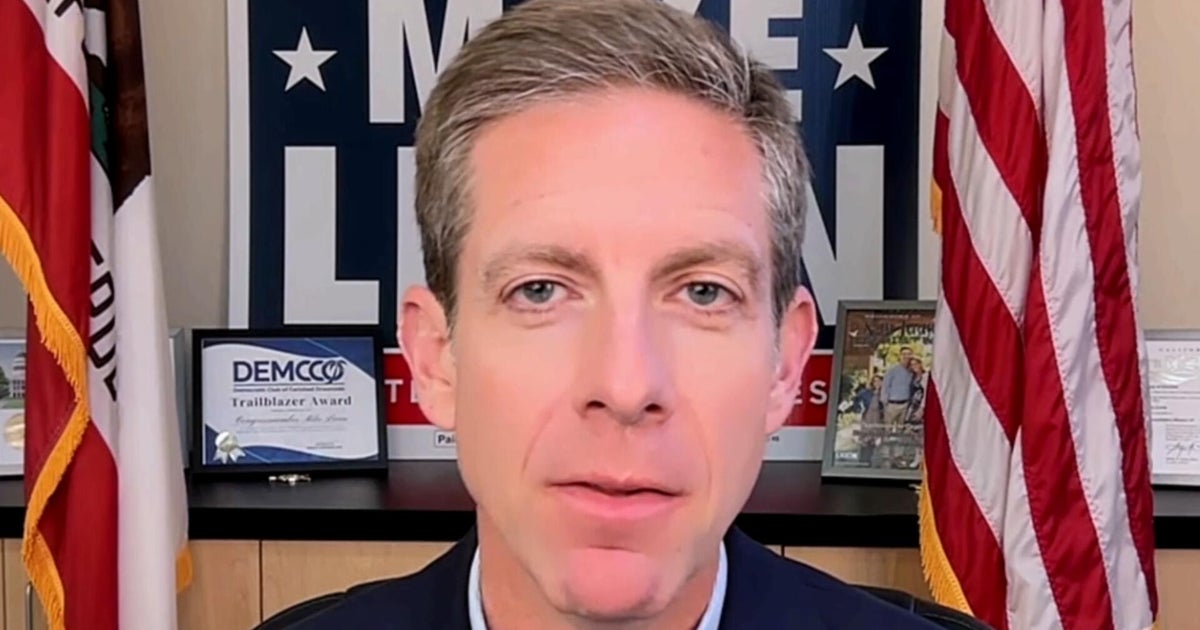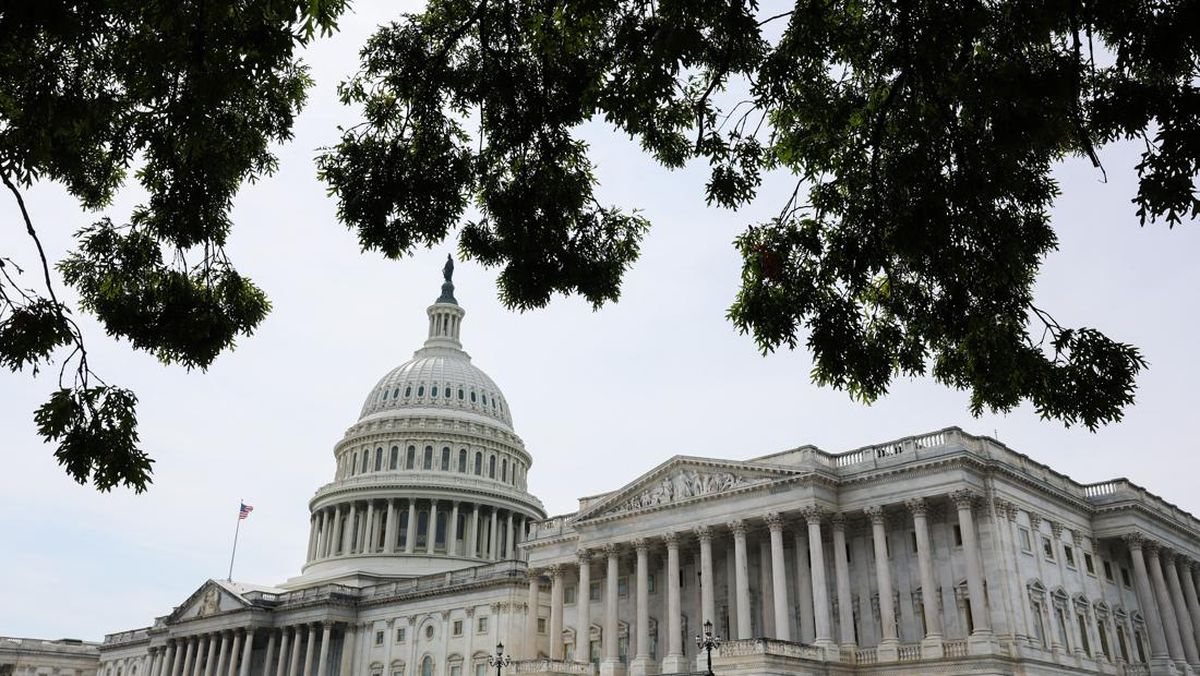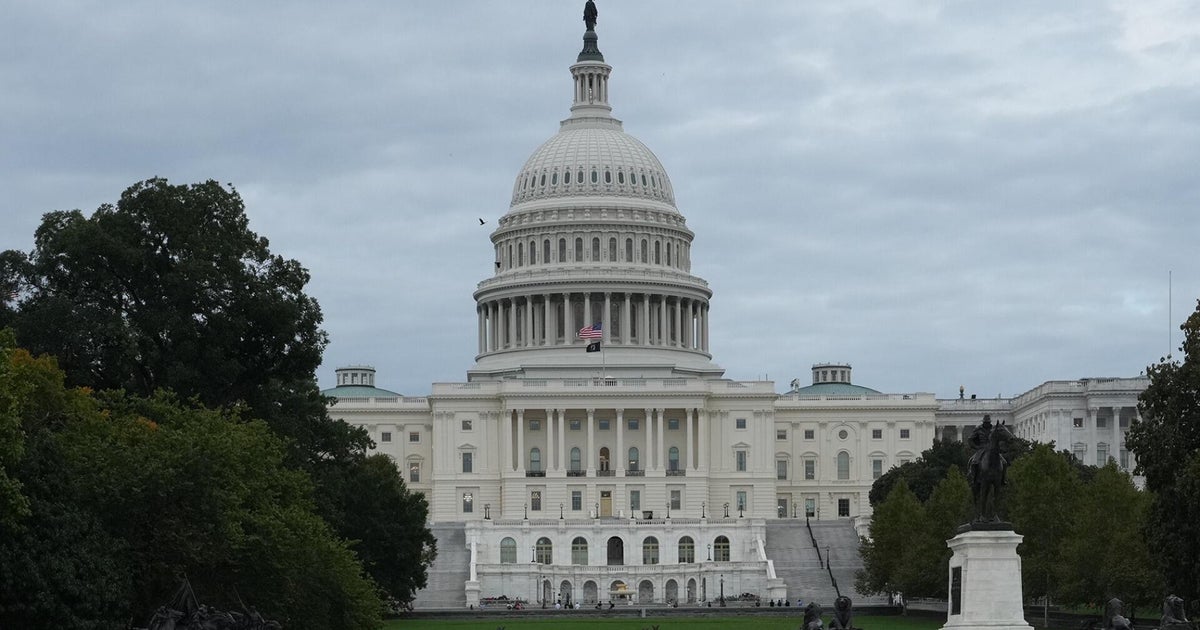Health Secretary Robert F. Kennedy Jr. suggested there may be a link between autism and circumcision while reasserting the unproven theory that Tylenol causes the disorder — and medical experts are pushing back against the claims.
"There's two studies that show children who are circumcised early have double the rate of autism. It's highly likely because they are given Tylenol," Kennedy stated during a Cabinet meeting on Thursday.
Circumcision is a surgical procedure that removes the foreskin from a boy's penis. For some, circumcision is a part of cultural or religious practices. A 2025 study from Johns Hopkins Medicine found the prevalence of the practice had decreased nearly 5%, going from 54.1% to 49.3% from 2012 to 2022.
Kennedy did not cite the studies he was referring to, but experts say potential matches — a 2013 study of eight countries and a 2015 study from Denmark, which both suggested a link between circumcision and autism rates — have issues.
 Robert F. Kennedy Jr., U.S. Secretary of Health and Human Services (HHS), second left, speaks during a cabinet meeting at the White House in Washington, DC, US, on Thursday, Oct. 9, 2025.
Samuel Corum / Sipa / Bloomberg via Getty Images / Sipa USA
Robert F. Kennedy Jr., U.S. Secretary of Health and Human Services (HHS), second left, speaks during a cabinet meeting at the White House in Washington, DC, US, on Thursday, Oct. 9, 2025.
Samuel Corum / Sipa / Bloomberg via Getty Images / Sipa USA
The 2013 study looked at circumcision rates in boys versus autism rates. The authors admitted that national and state averages may show correlation, not causation, and said their study may have mistakes, bias and confounding. "Circumcision practices are also tied to culture and religion, which also affect autism diagnoses and healthcare use," said Dr. Céline Gounder, CBS News medical contributor and editor-at-large for public health at KFF Health News.
Confounding, which occurs when the relationship between an exposure and an outcome is distorted by the presence of a third variable, is "at the root of much of what RFK Jr. cites and claims," said Gounder.
For example, early studies linked coffee drinking with higher heart disease risk, but smoking (popular among the coffee drinkers in the studies) was the true driver, not coffee. People eat more ice cream and go swimming more in the summer. Swimming, not eating ice cream, might lead to drowning, but a poorly designed study might conclude ice cream was the culprit.
The 2015 study found that the risk of autism was higher among circumcised boys under age 5, but after age 5, the association disappeared. "If circumcision truly caused autism," said Gounder, "that association should continue even after age 5. They're likely picking up on the fact that kids undergoing circumcision in the healthcare system have greater contact with the healthcare system and have parents with higher levels of education and income — all of which are associated with being diagnosed with autism at a younger age than other kids. That association may disappear once kids start school, when teachers and counselors pick up on the symptoms."
Other experts also opposed Kennedy's claims.
"There is absolutely no studies establishing any causality," Dr. Steven Abelowitz, founder and medical director of Ocean Pediatrics, told CBS News. "While some observational studies suggest possibly an association, there's no studies (showing causality) — and the conclusion by any credible medical resource is agreeing that there's no causal relationship between Tylenol, circumcisions or vaccines to autism."
Acetaminophen — the active ingredient in Tylenol and many cold and flu medications — being at the base of the circumcision theory also doesn't add up in terms of timing, according to experts. According to the American Academy of Pediatrics, children younger than 12 weeks should not be given acetaminophen unless instructed by their pediatrician, and most circumcisions happen before then with a local anesthetic.
While circumcision can happen at any age, most occur within the first week after birth and usually within the first 48 hours, according to the Cleveland Clinic.
"We almost never, ever use Tylenol after circumcision," Abelowitz said, adding he's performed about 10,000 circumcisions across his 30 years of practice.
Kennedy's comments have even garnered international attention, with the United Kingdom's National Autistic Society sharing a statement.
"More dangerous anti-science from the US Health Secretary Robert F Kennedy, now linking autism with circumcision. This is not based on any form of rigorous, robust research and could put lives at risk," Mel Merritt, the organization's head of policy and campaigns, said in a statement.
Last month, President Trump announced that the Food and Drug Administration believes the use of acetaminophen during pregnancy can be associated with an increased risk of autism without sharing any new evidence. Medical experts, however, have said the medication is safe.
Following the administration's announcement, American College of Obstetricians and Gynecologists President Dr. Steven J. Fleischman said in a statement, "Suggestions that acetaminophen use in pregnancy causes autism are not only highly concerning to clinicians but also irresponsible when considering the harmful and confusing message they send to pregnant patients, including those who may need to rely on this beneficial medicine during pregnancy."
Kenvue, the maker of Tylenol, previously told CBS News that "independent, sound science clearly shows that taking acetaminophen does not cause autism."
Edited by Nicole Brown Chau and Lucia I Suarez Sang


















































